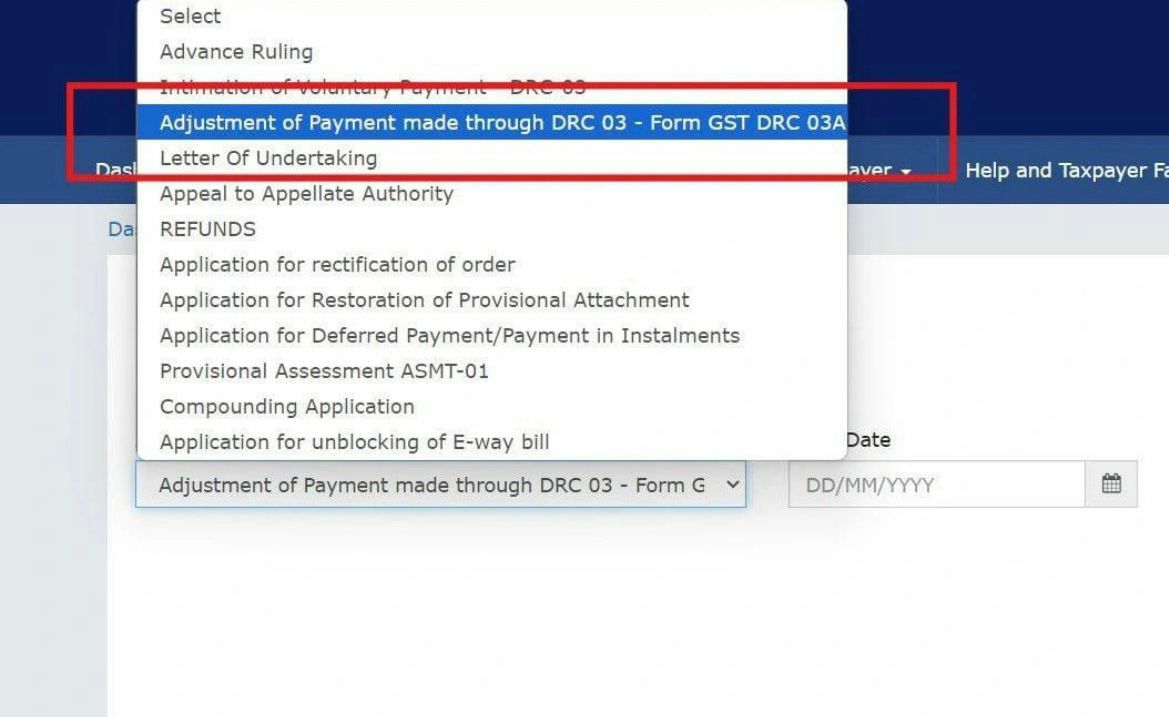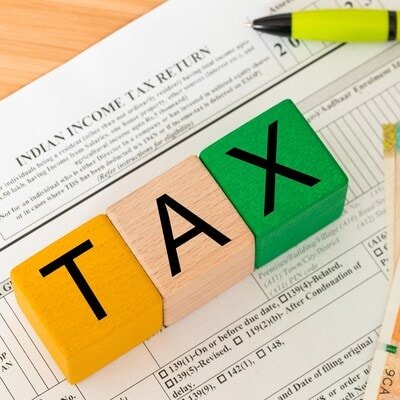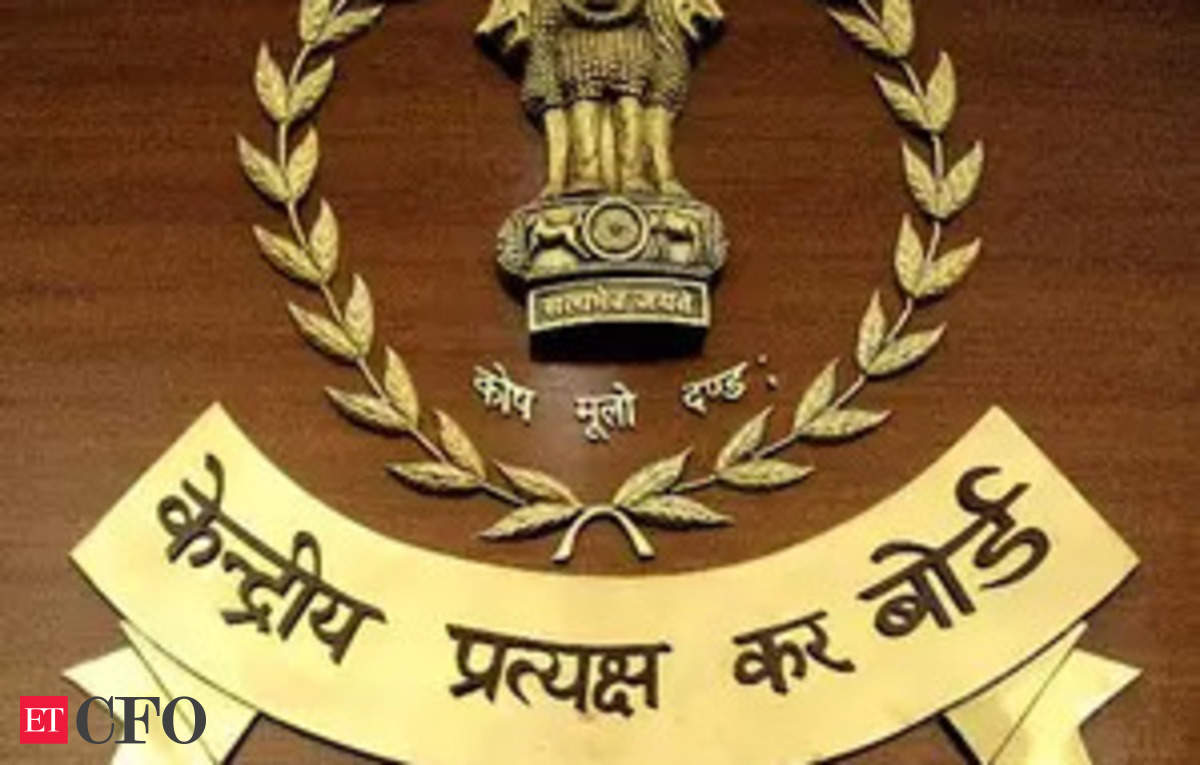Before delving into tax audits, it’s essential to understand what an audit entails. The term “Audit” typically refers to an official inspection of an organization’s accounts and the production of a report, usually conducted by an independent body. It involves a systematic review or assessment to ensure accuracy and compliance with relevant laws.
What is a Tax Audit?
A tax audit is a specialized audit under the Income Tax Act, distinct from other types of audits like statutory, cost, or stock audits. Conducted by a Chartered Accountant (CA), it involves examining the accounts of a business or profession from a tax perspective. The primary purpose of a tax audit is to simplify the process of income computation for filing income tax returns.
Objectives of a Tax Audit
Tax audits serve several key purposes:
- Ensuring Accuracy: Verification and certification of the correctness of books of accounts.
- Reporting Discrepancies: Highlighting any issues or discrepancies found during the audit.
- Compliance Verification: Ensuring compliance with various provisions of the Income Tax Act.
- Facilitating Income Tax Return Filing: Making it easier for tax authorities to verify the accuracy of income tax returns filed.
Who is Required to Get a Tax Audit?
The requirement for a tax audit applies under specific conditions:
- Business Entities:
- General Turnover Threshold: Businesses with a total turnover or gross receipts exceeding ₹1 crore in a financial year must undergo a tax audit.
- Enhanced Threshold for Non-Cash Transactions: If cash transactions (receipts and payments) do not exceed 5% of total transactions, the turnover threshold for mandatory tax audits increases to ₹10 crores.
- Professionals:
- Professionals with gross receipts exceeding ₹50 lakhs in a financial year must undergo a tax audit. Limit of Rs.75 Lakh in case cash transactions (receipts and payments) do not exceed 5% of total transactions
- Presumptive Taxation Scheme:
- Businesses or professions opting for the presumptive taxation scheme under Sections 44AD, 44ADA, 44AE, 44BB, or 44BBB are required to undergo a tax audit if their declared income is below the prescribed limits or if they opt-out of the scheme.
- Business Losses:
- If a business incurs a loss and the total income exceeds the basic exemption limit, a tax audit is mandatory.
Amendments in Tax Audit Provisions
The Finance Act of 2021 introduced a significant amendment, effective from 1st April 2021. It increased the turnover threshold for a tax audit to ₹10 crores, provided cash transactions do not exceed 5% of total receipts or payments.
Categories Requiring Mandatory Tax Audit
Here’s a quick overview of the different scenarios where a tax audit is mandatory:
| Category of Person | Income Tax Audit Limit |
|---|---|
| Business | |
| – Non-Presumptive Taxation | Total turnover exceeds ₹1 crore (or ₹10 crore if cash transactions are ≤5%) |
| – Presumptive Taxation (Section 44AD/44ADA/44AE, etc.) | Declared income is below the threshold under the presumptive scheme |
| Profession | |
| – Non-Presumptive Taxation | Gross receipts exceed ₹50 lakhs |
| Business Loss | |
| – Non-Presumptive Taxation | Turnover exceeds ₹1 crore, and total income exceeds the basic exemption limit |
Tax Audit Reports: Forms and Filing
The tax audit report is submitted using specific forms:
- Form 3CA: For those already required to audit their accounts under any other law.
- Form 3CB: For those not required to audit their accounts under any other law.
- Form 3CE: For non-residents or foreign companies receiving royalties or fees for technical services from the government or Indian entities.
The detailed particulars of the audit are furnished in Form 3CD, which accompanies either Form 3CA or Form 3CB.
Due Dates for Filing Tax Audit Reports
- General Due Date: The tax audit report must be filed by 30th September
- Transfer Pricing Cases: For assessees involved in international transactions subject to transfer pricing, the due date extends to 31st October.
Filing and Acceptance Process
The tax auditor files the report online through the Income Tax Department’s portal using their login credentials. The taxpayer must then accept or reject the report. If rejected, the process must be repeated until the report is accepted.
Penalty for Non-Compliance
Failure to conduct or file a tax audit report by the due date can attract a penalty under Section 271B:
- Penalty Amount: The penalty can be 0.5% of the total sales, turnover, or gross receipts, subject to a maximum of ₹1,50,000.
- Reasonable Causes for Waiver: Penalties may be waived if there is a reasonable cause, such as natural calamities, resignation of the auditor, labor issues, loss of accounts, etc.
A tax audit is a crucial compliance requirement for businesses and professionals in India. Understanding the due dates, turnover thresholds, and filing requirements can help taxpayers avoid penalties and ensure smooth filing of their income tax returns.
Visit www.cagurujiclasses.com for practical courses











Dear Ma’am,
You mentioned that other types of audits like statutory, cost, or stock audits. Conducted by a Chartered Accountant (CA), but Cost Audit is conducted by CMAs not CAs.
Please mentioned other Professions also where required for development in the society who only knows about CAs.